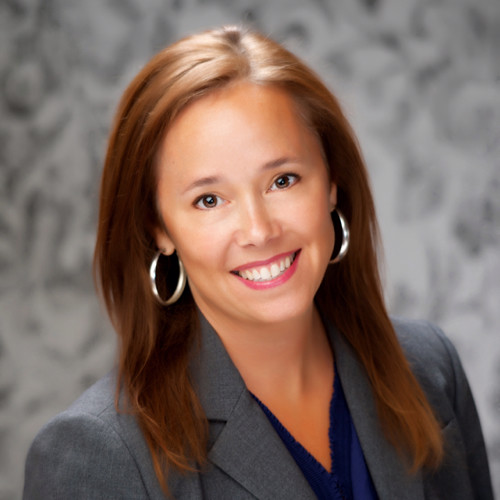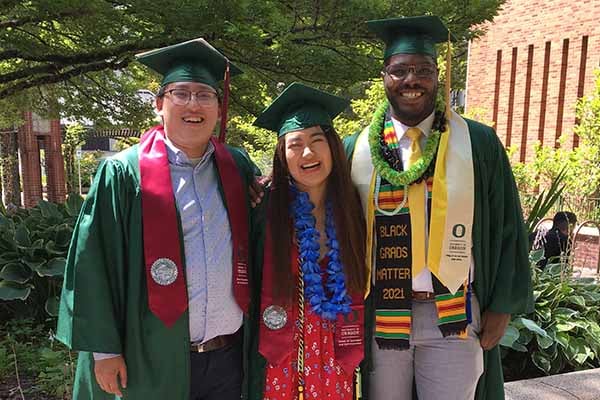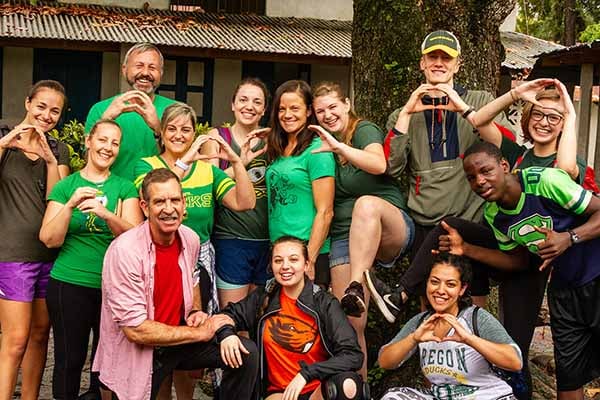
Tahni Kalina, BS '92
Job Title: Licensed Independent Clinical Social Worker
Major: Psychology
Part of the Daily Emerald "Alumni Take Flight" Series
Tahni Kalina graduated from the University of Oregon in 1992 with a Bachelor of Science degree in Psychology. Kalina jumped straight into social work out of college, later earning a master’s degree in social work from Eastern Washington University. She now runs a private practice as an independent clinical social worker for adults and adolescents.
How have you had to adapt during the COVID-19 pandemic?
The first couple of months, like most people, I had to completely switch from working in an office setting to working from home and doing all my sessions virtually, and that impacted me pretty dramatically. There were patients who appreciated the option of online sessions, where they could close their office door and have sessions while not leaving the office. For others at home with their family—who they would normally be talking about during their session—it did not work out so well. I had some people who would go into their garage to sit in their car in order to have private sessions. Numbers dipped at the beginning of the pandemic, but they've come back around and I probably get around 7-10 calls per week of new clients calling to schedule sessions to the point where I’m now completely booked. As time has gone on, the more clients I have seen, one thing is super clear: this pandemic has seriously impacted all of us.
What kind of leadership skills do you admire the most?
I've always admired people who are very authentic. If they're willing to put in the time with you to the point where you feel like they are a partner in your success, that’s great. It’s nice when people are encouraging, and that they point out things you need to work on, but in a kind and respectful way. Those qualities make for a great leader and are things I try to practice and keep in mind for my own practice.
How does being in a leadership position affect the way you communicate with colleagues and clients?
With clients, it's really important to be mindful that they look to you as the expert and be aware that what I say can have a lot of impact, so I need to choose my words carefully. Paying attention to key details like the tone and body language when I'm hearing their stories and sharing ideas with them helps the conversation stay constructive and balance out that dynamic. I conduct a lot of conversations around healthy communication and different ways to strive for that.
What advice would you give to current UO students as they’re trying to navigate a notably non-traditional university experience?
I think self-compassion is important, but that doesn’t mean it isn’t hard. Going from learning in-person where you get rich discussion and interaction to doing all of that online is tough. If students are receiving grades or results that aren't what they're used to receiving, just showing yourself some grace and engaging in self-care activities is always important, especially now.
How do you encourage relationship building and promote cooperation and joint effort?
I run a private practice, so in my career the relationship building happens mostly with clients, more so than with other staff members. The relationship with a client plays a big factor in how their success will be in therapy and moving forward. I spend a lot of time doing relationship building and meeting people with where they're at emotionally before I can provide them with the skills or tools to help their situation.
What advice do you have for others to enhance communication skills in the workplace?
In helping people with their communication skills, one of the most important lessons is really being mindful about how someone else's words can impact you. One of the techniques is learning to take a pause and think about what other reasons might be prevalent in the context, or what other factors might be going on besides the narrative you have already constructed in your head, and how those details could play a part in the overarching story being told. I think slowing things down helps so you can respond, rather than react to someone.
Written by Shannon Enriquez, student reporter for The Daily Emerald








